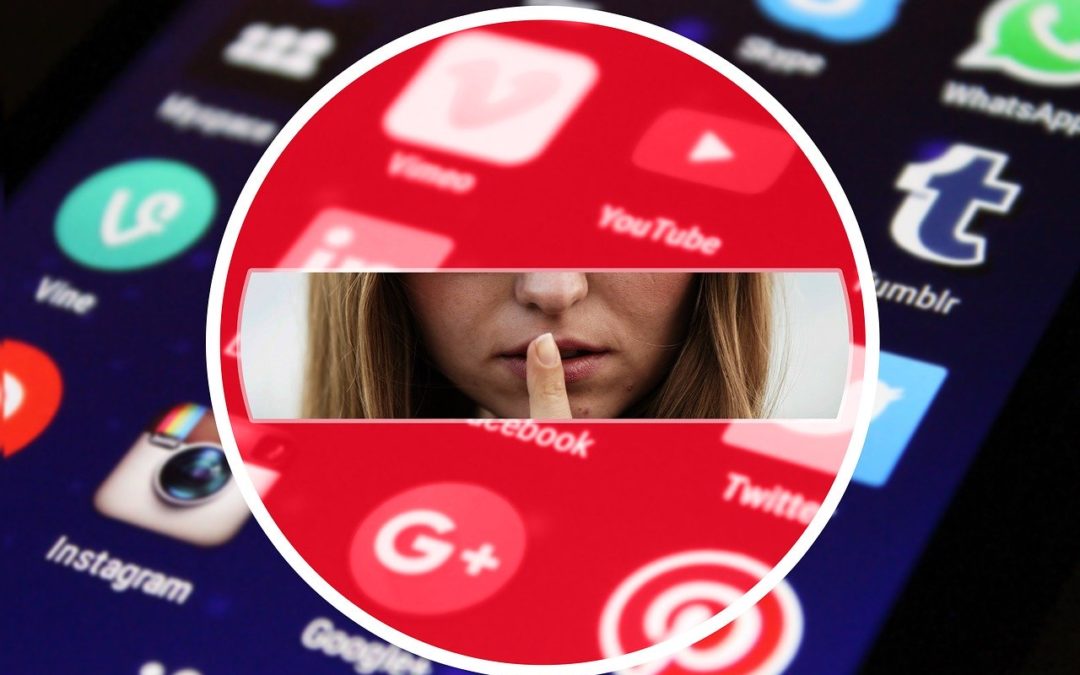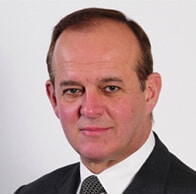When you watch the news or read popular magazines, you often see celebrities with their bodyguards next to the client. Typically, celebrities like to hire attractive, young generation protection agents that match their unique aesthetic. However, the young generation of protective agents and bodyguards believe that it’s okay to broadcast protection details, pictures with clients, and reveal their privacy on social media.
We think they have violated the most critical level of protection, which is the client’s privacy and confidentiality. It is not about the best protection agent that is decided by the number of their paid Instagram followers. We prefer in our interview that our best protection agents don’t have social media accounts. One of the things we always check before our interviews are their social media account. If they have pictures of past clients, they never get called in for an interview. They have lost touch with the reality of this business.
Posting on Social Media
We all know that social media is a great way to market your business. If you’re a bodyguard for a celebrity, you may want to include them in your social media so that you can demonstrate your skillset and the fact that you work with these types of clients. However, it’s never okay to broadcast any protection details on social media. You should never be promoting yourself like you are the celebrity, as this can put your client in extreme danger. It would be an instant termination with our company.
For example, a bodyguard may post a picture with their client in a restaurant. From just one image, it can be easy to determine just which restaurant a celebrity is at, and each picture has metadata that a sophisticated bad guy can find where the client is at by that picture. Those who wish to harm the celebrity now know the location of their target. Even if a person didn’t plan on harming the star before, seeing the post could provide them with a trigger because they now have the means to get to the physical location of the celebrity, whereas before they wouldn’t know where to find him or her.
Posting pictures of yourself online with your clients is a violation of client privacy and confidentiality. We believe that the priority should always be the safety of the client. We don’t want the paparazzi showing up while the client is trying to have a beautiful, peaceful meal with their family.
What If The Client Approves The Posts?
While it may seem like the right thing to do is ask the client’s permission to post anything on social media, this is still unacceptable because it can hurt the client’s safety. When a celebrity hires a protective agency, they trust that these agents will know everything there is to know about protecting them. The reason to hire agents is that celebrities don’t know it all when it comes to keeping their privacy and safety, so they must rely on the knowledge and experience of protective agents.
However, when an agent asks for permission to post something, oftentimes, the client might say yes without thinking there is anything wrong. They’re used to getting their pictures taken, after all. The client most likely won’t consider the fact that this is putting them in danger, so it’s up to the agents to be responsible and do their jobs correctly by not posting anything about their clients on social media.
Anonymity on Social Media is Crucial
When we begin protection detail for our clients, we teach them the do’s and don’ts of social media for helping them protect themselves. The protective agents must follow the same guidelines to ensure the protection of the client.
What Does This All Mean?
For clients, this means that you should make sure that your protection agents are doing the right thing by not posting any of your information or their own on social media, especially while they are protecting you. The Protection Agent is not part of the client’s family. They always must maintain a professional barrier and never loose track; they are not the client’s buddy.
The new generation of protection agents comes from the digital age where selfies, especially with celebrities, are the ultimate photos. However, it’s never a good idea to post selfies of the clients. Your protective agents should never even tell people that they are protecting you. One reason for this is that once someone who has it out for the celebrity client finds out who the protective agent is, they can find information about the agent and may even be able to follow them to find the celebrity client. This puts everyone in danger, which is the opposite of what a protective agent is supposed to do.
Along with no selfies, this means no videos either. It also means that there should be no photos of staged details, private jets, the client, or vehicles. All of these provide stalkers and the entire world with information that many clients won’t even consider. For example, a vehicle has a license plate that can be tracked, putting everyone in danger again plus the location of where the client is.
Beware of the Buddyguard’s
In all of our examples, we’ve called them protective agents. However, when a protective agent acts more like a close friend of their client’s, we call them a buddyguard. Buddyguards are protective agents who care more about their status and promoting themselves than the protection of their clients. This can even include listening to the requests of the client’s and complying without telling them what’s best for their safety. For example, if a client says a buddyguard to stand somewhere else, this simple request can put their safety in danger depending on the situation.
If you notice that your protection agent is acting more like a buddyguard, it’s time to look for an executive protection agency that puts your safety first and is professional to take your privacy and confidentiality seriously.








